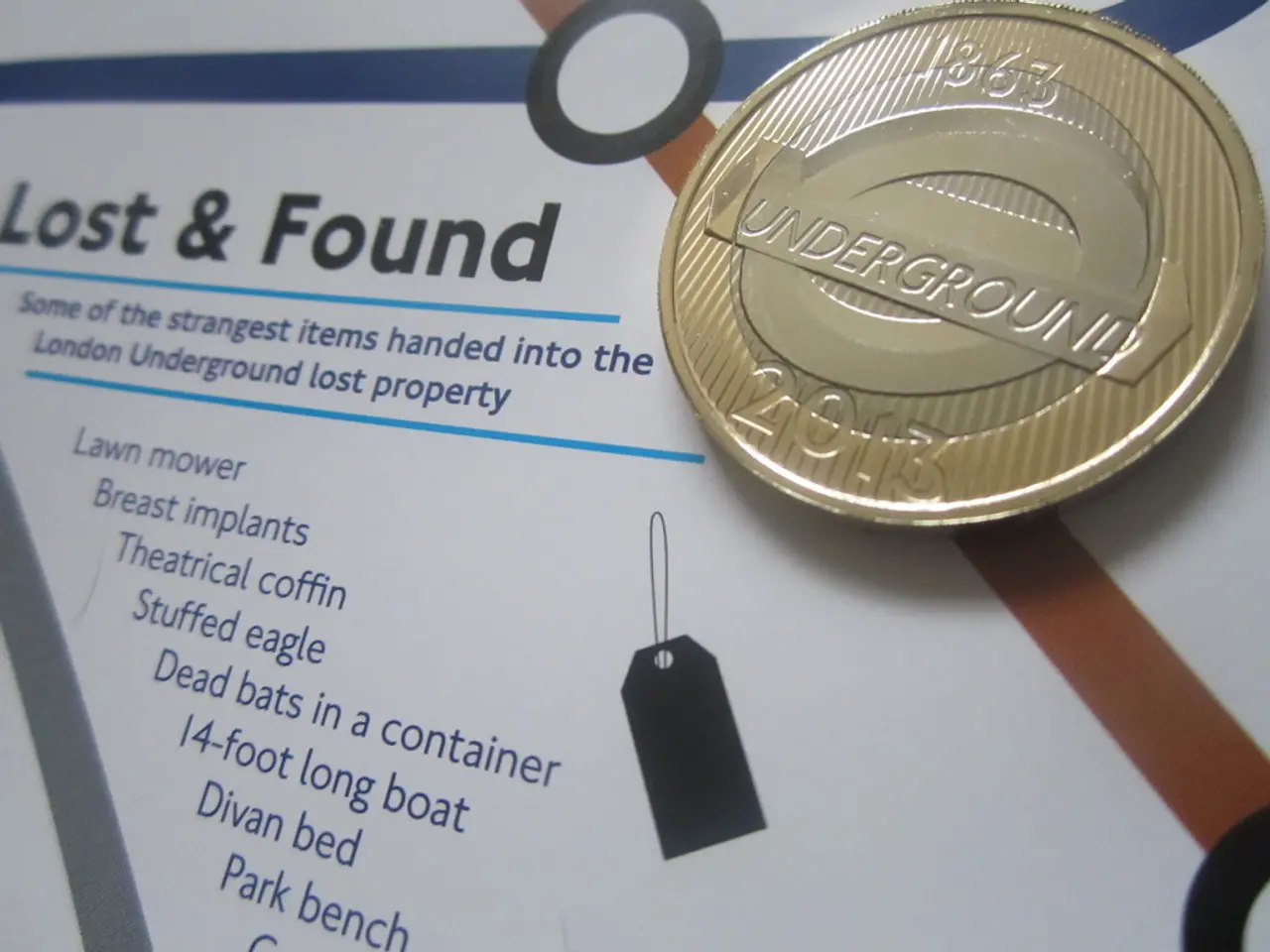Navigating Cryptocurrency Compliance in the Netherlands: Strategies for Businesses in 2024
The Dutch Central Bank (De Nederlandsche Bank, DNB) now requires cryptocurrency service providers (CSPs), such as exchanges and custodian wallet providers, to register before operating in or from the Netherlands under the Dutch Money Laundering and Terrorist Financing Prevention Act (Wwft). This Act, which incorporates the EU’s 5th Anti-Money Laundering Directive (AMLD5), was amended in 2020 [1][4].
Key regulatory requirements for CSPs include:
- Registration requirement: Crypto service providers must register with the DNB before offering services, ensuring they are authorized and subject to regulatory oversight [1].
- Customer due diligence (CDD): CSPs must perform thorough know-your-customer (KYC) checks to verify the identity of clients, ensuring the legitimacy of their funds and preventing use by criminals [1][5].
- Suspicious transaction reporting: CSPs are required to report unusual or suspicious transactions to the Financial Intelligence Unit (FIU) of the Netherlands, the official authority that receives and analyzes unusual transaction reports under the Wwft [3].
- Ongoing monitoring: Continuous monitoring of transactions and client behavior is mandated to detect and prevent laundering or terrorism financing activities [1][5].
- Risk assessment and record-keeping: CSPs must conduct regular risk assessments related to their customers and activities and keep appropriate records for supervisory reviews [1][5].
- Compliance with sanctions and transfer fund regulations: Providers must adhere not only to Wwft but also to the Sanctions Act 1977 and the Transfer of Funds Regulation, ensuring that sanctioned parties are not serviced and fund transfers comply with EU legislation [4].
These regulatory obligations came into effect with AMLD5’s implementation through the Wwft in 2020 and have been actively enforced since then. The Dutch authorities provide feedback and support to help obligated entities improve compliance effectiveness [3].
In addition, the Netherlands is preparing for future regulations, including the Markets in Crypto-Assets Regulation (MiCA), which will enhance licensing and consumer protection mostly from late 2025 onward [1].
Crypto companies must comply with AML/CTF standards, but each EU state may choose how exactly they would like the changes to be implemented. Initial Coin Offerings (ICOs) in the Netherlands may fall under financial supervision if they qualify as a security or a unit in a collective investment scheme [2].
To register with the DNB, crypto companies need to demonstrate compliance with the Wwft and the Sanctions Act (Sanctiewet 1977-Sw). Registration applications are submitted via the Digital Supervision Portal [1]. The deadline for processing requests is two months, which may be extended if necessary documents are missing [1].
Any transaction that seems to be related to money laundering or terrorist financing must be reported to the Dutch Financial Intelligence Unit (FIU-NL) [3]. Staff members must be trained in the field of AML/CTF monitoring and should be able to report breaches of regulations [5].
It is essential to note that at the moment, crypto-to-crypto exchanges are not regulated in the Netherlands. However, even if an entity already has an equivalent registration in another EU or EEA member state, it must get registered with the DNB if it works with Dutch clients [1].
The Netherlands allows cryptocurrency transactions with no significant barriers for virtual asset service providers (VASPs). Non-compliance with these regulations may lead to a fine up to millions of euros [1][4].
In summary, crypto service providers operating in the Netherlands under the Wwft post-AMLD5 (2020) must register with the DNB, perform customer due diligence and ongoing monitoring, report suspicious transactions to FIU-NL, maintain detailed risk assessments and records, comply with sanctions and funds transfer regulations, and prepare for forthcoming MiCA requirements. These rules collectively aim to integrate the crypto sector into the Dutch and EU AML/CFT frameworks [1][3][4][5].
- The registration requirement for cryptocurrency service providers (CSPs) in the Netherlands under the Dutch Money Laundering and Terrorist Financing Prevention Act (Wwft) necessitates that these providers, such as exchanges and custodian wallet providers, register with the Dutch Central Bank (De Nederlandsche Bank, DNB) before offering their business services, subjecting them to regulatory oversight and finance standards.
- As the Netherlands integrates technology into its financial sector through regulations like the Markets in Crypto-Assets Regulation (MiCA), crypto companies must ensure their business practices conform to anti-money laundering and counter-terrorist financing (AML/CTF) standards, including the implementation of customer due diligence, ongoing monitoring, and thorough reporting of suspicious transactions, to maintain compliance and avoid potential fines.




